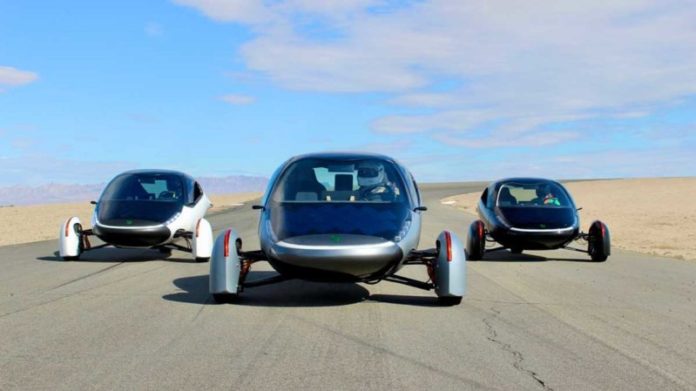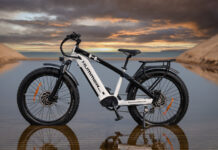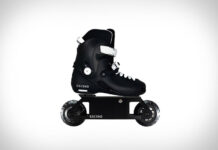Aptera Motors is positioned as the manufacturer of the most energy-efficient solar electric vehicles (sEVs), capable of traveling up to 1600 km on a single battery charge. After numerous prototype presentations and advertisements for the economy, agility, and speed of its three-wheelers, the auto company moved on to beta testing of the vehicle’s dynamic performance.
A video demonstrating the speed characteristics of the sEV Aptera in a short-distance race with recognized leaders in the automotive industry – Tesla and Audi cars was published on the Internet. Previously, the developers had already stated that they were able to create an Aptera Paradigma car with a unique drag coefficient of 0.13, while the average for the automotive industry is around 0.3, and for the Tesla Model 3, this characteristic is 0.23.
Aptera engineers have shown real results. In the demo video of the beta test, you can see that Aptera overtakes Tesla Model 3 and Audi R8 GT Spyder on a short distance. It is impossible to determine a specific modification of the Tesla Model 3 from the video, and it is even impossible to find out how many electric motors it has: one or two.
On the Aptera side, the Aptera Noir prototype for alpha tests and an improved modification of Aptera, created for beta tests, took part in the race. Audi was represented by a car with a 5.2-liter V10 engine, which became an outsider of the competition, losing even to the first Aptera Noir prototype.
Aptera uses composite ultra-light materials in the manufacture of its prototypes, which has reduced the weight of the car by 65% compared to analogs. The body uses safety cells, and the shape mimics the shape of an eggshell. As a result, the developers promise that the body structure will be 7 times stronger than that of a steel car.
However, Aptera’s most important benefit is the constant “refueling” from solar energy, providing up to 17,700 km of additional mileage per year. Future vehicles will cost between $25,900 and $46,000. However, in addition to beta tests for dynamics, the car will still have to undergo gamma testing of pre-production models. Serial production is scheduled for the second half of 2022.







